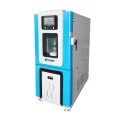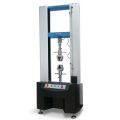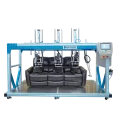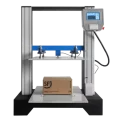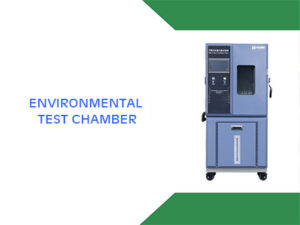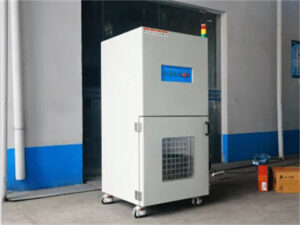Solar energy has proven to be a reliable and sustainable alternative to traditional power sources. In our quest for a greener future, it is paramount that each solar panel undergoes meticulous testing to ensure its efficiency and performance. This is where the solar panel testing chamber comes into play – a cutting-edge facility designed to validate the quality of solar panels before they are deployed in real-world applications. In this blog, we delve into the working principle and testing characteristics of this ingenious device and explore why it is indispensable in the world of solar energy.
Working Principle
The solar panel testing chamber functions as a controlled environment that simulates various weather conditions, including temperature fluctuations, humidity levels, and sunlight exposure. It mimics the entire lifecycle of a solar panel, from initial manufacturing and assembly to its end-of-life characteristics. By subjecting panels to extreme conditions, this chamber evaluates the efficiency, durability, and overall performance of solar panels in a realistic and controlled manner.
Testing Characteristics
1. Efficiency Analysis: Solar panel testing chambers enable manufacturers to assess the conversion efficiency of solar cells. By calculating the power output generated by the panel under specific environmental conditions and comparing it with the expected output, manufacturers can identify any efficiency gaps and make necessary improvements.
2. Durability and Reliability: Solar panels are exposed to relentless external factors throughout their lifespan. The testing chamber evaluates the panel’s ability to withstand extreme temperatures, humidity, and mechanical stress through accelerated aging tests, ensuring their durability and long-term reliability.
3. Environmental Adaptability: Solar panels utilized in different geographic locations experience varying temperature and humidity ranges. The chamber mimics these conditions, enabling thorough testing that ensures panels can efficiently operate in diverse climates.
Advantages of Using Solar Panel Testing Chambers
Solar panel testing chambers offer several key benefits, including:
1. Enhanced Quality Control: These chambers enable manufacturers to identify any flaws or weaknesses in their solar panels early on. By rectifying these issues, manufacturers can significantly improve product quality and reliability.
2. Cost Efficiency: Relying on benchtop tests alone can be costly and time-consuming. Solar panel testing chambers streamline the overall testing process, saving manufacturers time and resources in the long run.
3. Improved Performance: By accurately assessing the solar panel’s performance in various conditions, the testing chamber facilitates the development of more efficient panels. Ultimately, this leads to higher power generation and enhanced overall performance, benefiting both consumers and the environment.


